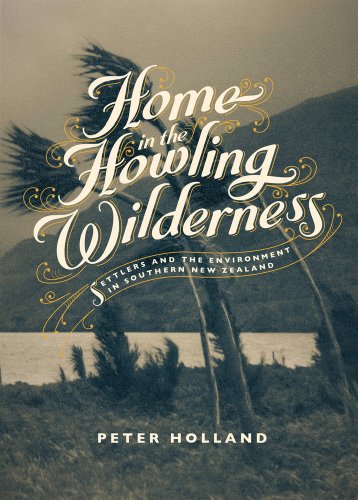

Most ebook files are in PDF format, so you can easily read them using various software such as Foxit Reader or directly on the Google Chrome browser.
Some ebook files are released by publishers in other formats such as .awz, .mobi, .epub, .fb2, etc. You may need to install specific software to read these formats on mobile/PC, such as Calibre.
Please read the tutorial at this link: https://ebookbell.com/faq
We offer FREE conversion to the popular formats you request; however, this may take some time. Therefore, right after payment, please email us, and we will try to provide the service as quickly as possible.
For some exceptional file formats or broken links (if any), please refrain from opening any disputes. Instead, email us first, and we will try to assist within a maximum of 6 hours.
EbookBell Team

4.3
58 reviewsDuring the 19th century, New Zealand's South Island underwent an environmental transformation at the hands of European settlers. They diverted streams and drained marshes, burned native vegetation and planted hedges and grasses, stocked farms with sheep and cattle and poured on fertilizer. Through various letter books, ledgers, diaries, and journals, this book reveals how the first European settlers learned about their new environment: talking to Maori and other Pakeha, observing weather patterns and the shifting populations of rabbits, reading newspapers, and going to lectures at the Mechanics’ Institute. As the New Zealand environment threw up surprise after surprise, the settlers who succeeded in farming were those who listened closely to the environment. This rich and detailed contribution to environmental history and the literature of British colonial history and farming concludes—contrary to the assertions of some North American environmental historians—that the first generation of European settlers in New Zealand were by no means unthinking agents of change.